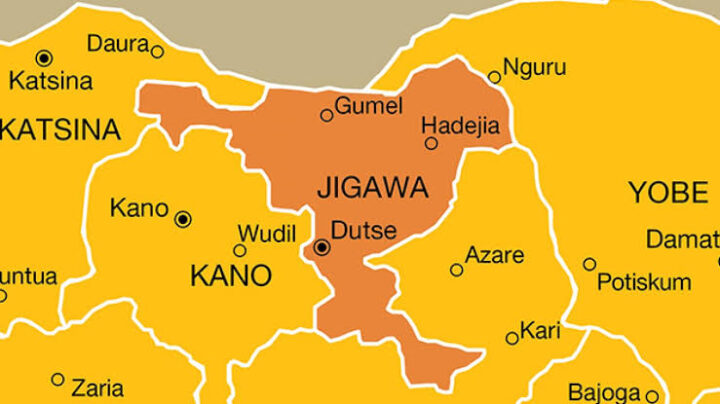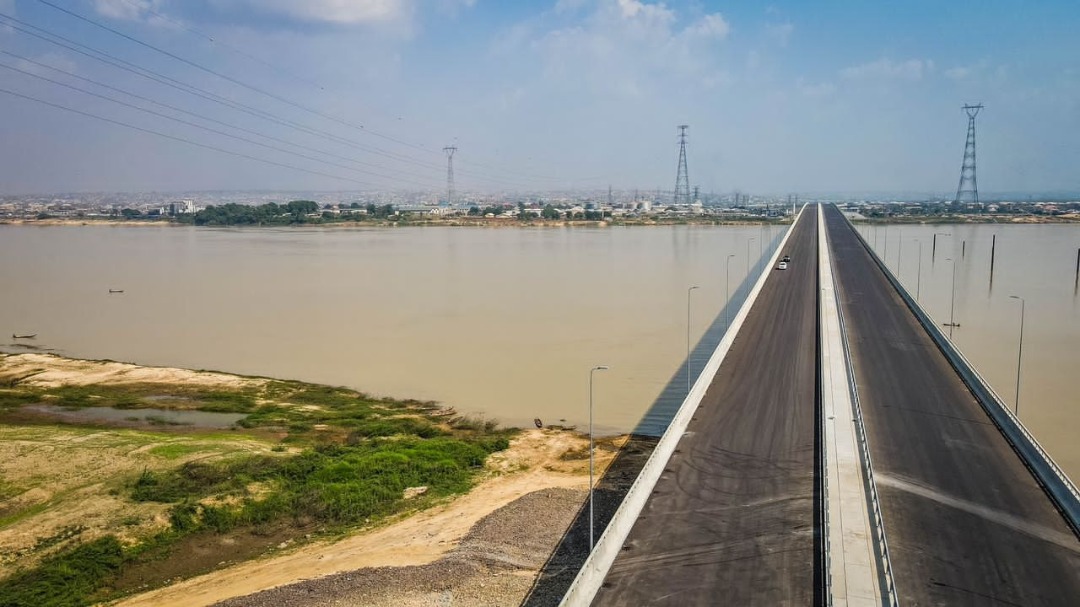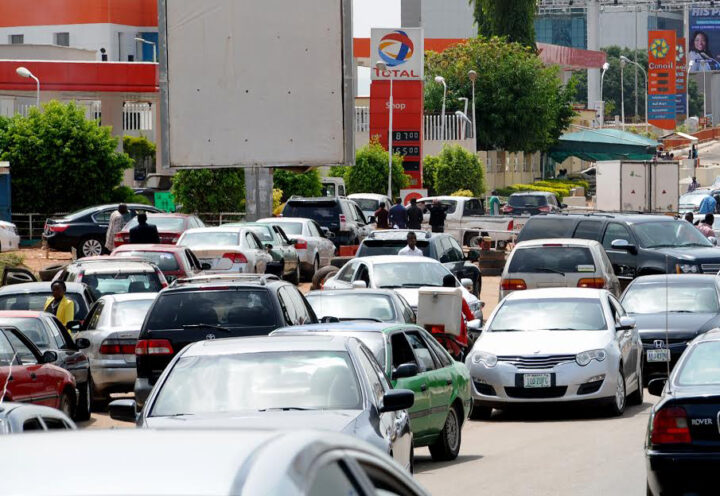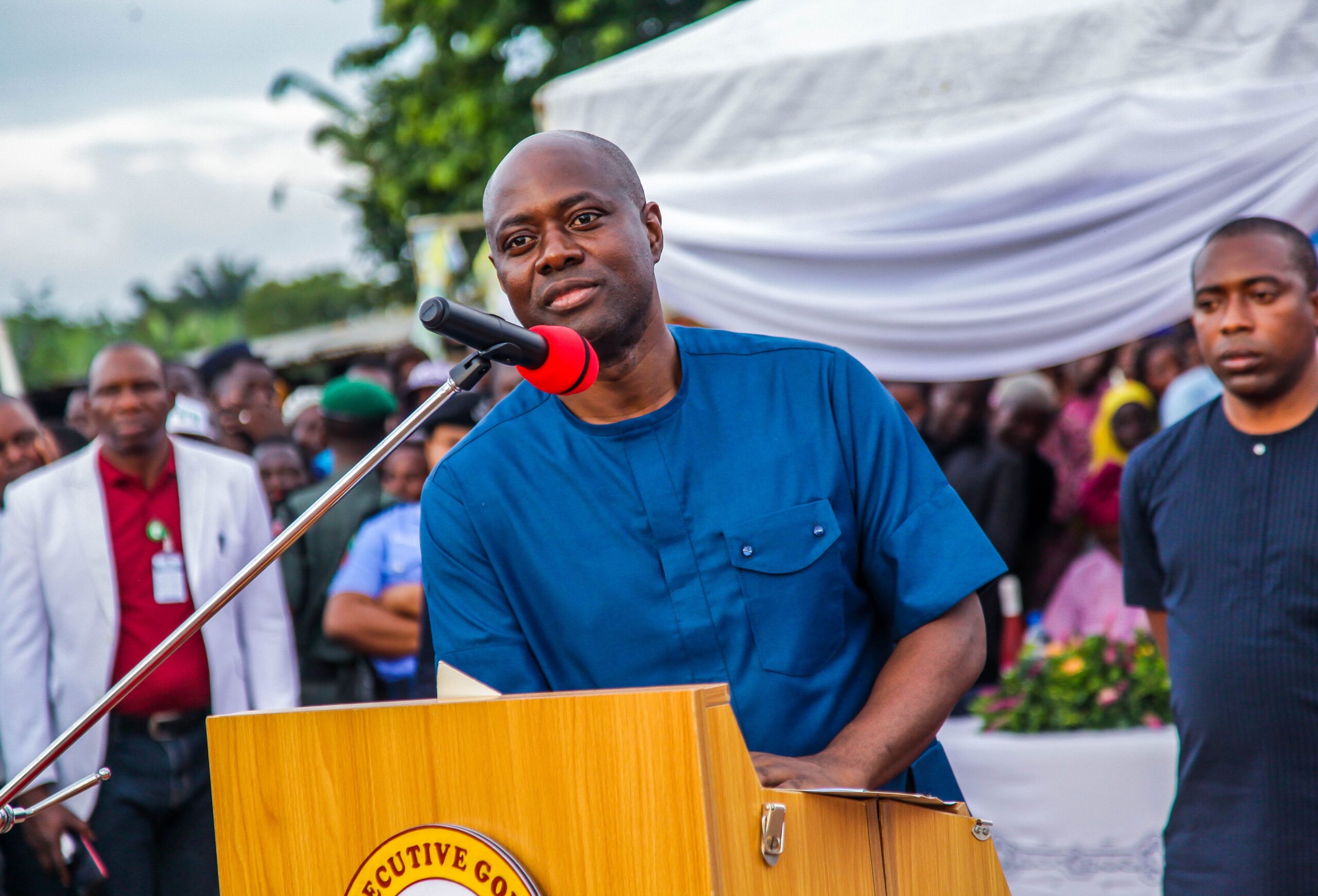A report by the Partnership to Engage, Reform and Learn (PERL), a programme funded by the Foreign, Commonwealth and Development Office of the UK, states that more than 70 percent of girls feel unsafe while on their way to school in Jigawa.
In a report released on Wednesday, the impact of the COVID pandemic is also said to be hindering girl-child education in Nigeria.
The report, titled, ‘Emerging Barriers to Girl Child Education’, highlighted areas in which girl child education is affected in Kaduna, Kano, and Jigawa.
PERL is a five-year funded governance programme introduced in 2016 to improve collaboration between government and citizens by delivering economic stability and reducing poverty.
Advertisement
Early marriage, changes in family life, insecurity and difficulty in accessing schools are some of the factors listed as contributing to discouraging education of girls in Kano.
In Jigawa, poverty, devaluation of girls, insecurity and early marriage are listed as conditions making it difficult for girls to remain in school, while security challenges, deprioritisation of females, and loss of interest were reported as hindrances to girls’ education in Kaduna.
“About 71.4 percent of girls enrolled in Gumel schools were more likely to report feeling “unsafe” or “very unsafe” on their commute to schools with some significant personal exposure also perceived in Hadejia (48.9%) and Ringim (41.1%),” the report reads.
Advertisement
“About 40 percent of girls in southwest LGA of Jigawa feel unsupported with their school assignment and tutorials, 76.9 percent in north-west LGAs and 59.7 percent in North-east LGAs.
“The inability and unwillingness of caregivers to pay for school fees, uniforms, and learning materials makes the prospect of returning to school uncertain for many girls.
“In Kano and Jigawa states, early marriage was cited as a key reason for girls enrolled in 2020 being withdrawn or opting out of school. Parental consent was more common in cases of girls who were betrothed before the pandemic,” it added.
“Even where the value of girls’ education was expressed, it faced stiff competition from gender-based cultural norms and views on marrying late.
Advertisement
“These arrangements are often made by parents facing the hard decision of whether to prioritize their daughter’s education or their safety and put minors at risk at a time when evidence suggests incidents rates of GBV have not returned to pre-pandemic levels.
“In Jigawa and Kaduna states, physical barriers have become more pronounced, resulting in longer walking distances and unsupervised accommodation of underaged girls.
“In Kaduna state, the frequent post-lockdown closures and the alarming rate of kidnappings and banditry attempts in communities and at schools has reduced parental confidence in schooling and is hurting the interest levels of secondary school-aged girls.
“Moreover, even when girls’ education is valued, the parents are making financial bets on which gender would fare better with secondary education. This is expressed in the prioritisation of boys’ education over generations of girls’, more notably in Kaduna, but also evident in Kano and Jigawa.”
Advertisement
Ifeanyi Ugwuoke, PERL programme manager, said state and local governments should prioritise basic education for citizens, particularly women and girls.
“My strong recommendation will be for the state government to wake up. Like I always say, they are like ostrich burying their heads in the sand and the largest chunk of the body is outside. I think for me there are still a lot of lip service being paid to basic education by state and local government and I think this is a wake-up call for state to take seriously our future,” Ugwuoke said.
Advertisement
“Where a large chunk of the population is educated and excluded from education, we are not serious about development and for us to develop we need an educated population and our women have to be educated.
“If women are educated, I know that we will prosper as a nation. My strong recommendation is for the state government to wake up and take seriously the recommendation from this research. Basic education is the responsibility of the state and local government.”
Advertisement
Add a comment






